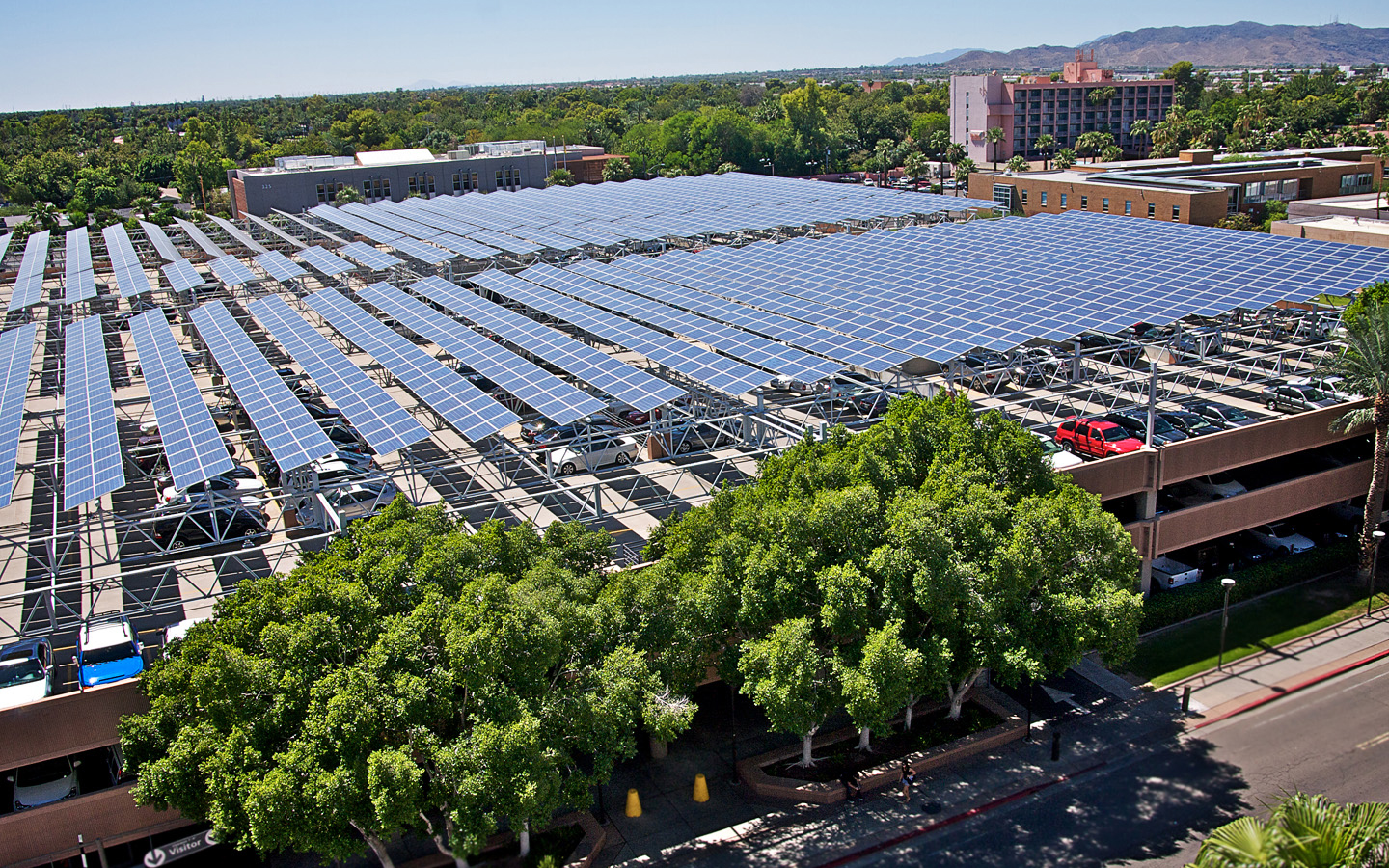Just as we have standards for ICE engines in terms of fuel, fuel dispensers, etc. we will need standards for batter packs for cars. Heaven help us if they do what the high-tech personal devices do and all use a unique battery for each device, many with their own special charger...
Oh boy! Now you are talking about common battery sizes and different car makers will have to make their chassis to a certain specification to accept these batteries.
Obviously, something as small as a Smart car will take a smaller battery than a big honking SUV. And then, for the same car people may not want to take the same battery size. For daily driving, you do not want to haul around a big battery pack good enough for 500 miles. But when on a summer trip, you will want to.
This will not happen for a long long time. Right now, the batteries are so big they are specifically designed for each car chassis, because they have to fit the available space and their weight (up to 1000 lbs) affects the handling. Safety also comes into play here.
I have been researching different battery packs for different cars, e.g. Tesla, Volt, Leaf, etc... The motivation is that junk yards are selling battery packs out of wrecked cars, and DIY'ers are buying them to salvage the internal packs to use for home solar projects. Repurposing these car battery packs is more economical than buying new ones that are ready to go.
Tinkerers are going to town on their projects, and I find this underground movement very interesting. The internal construction of these battery packs varies quite a bit.
By the way, it is not simple to remove and replace a battery pack. They have internal plumbing to cool the battery pack, and as you can figure, disconnecting and reconnecting coolant hoses can be messy and failure prone. It is nowhere as simple as swapping out a battery pack on your cordless drill.
PS. I have not found out the weight of the 100kWh battery inside the Tesla P100D, but an earlier 85kWh version weighs 1200 lbs.


